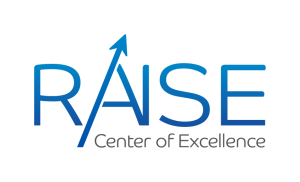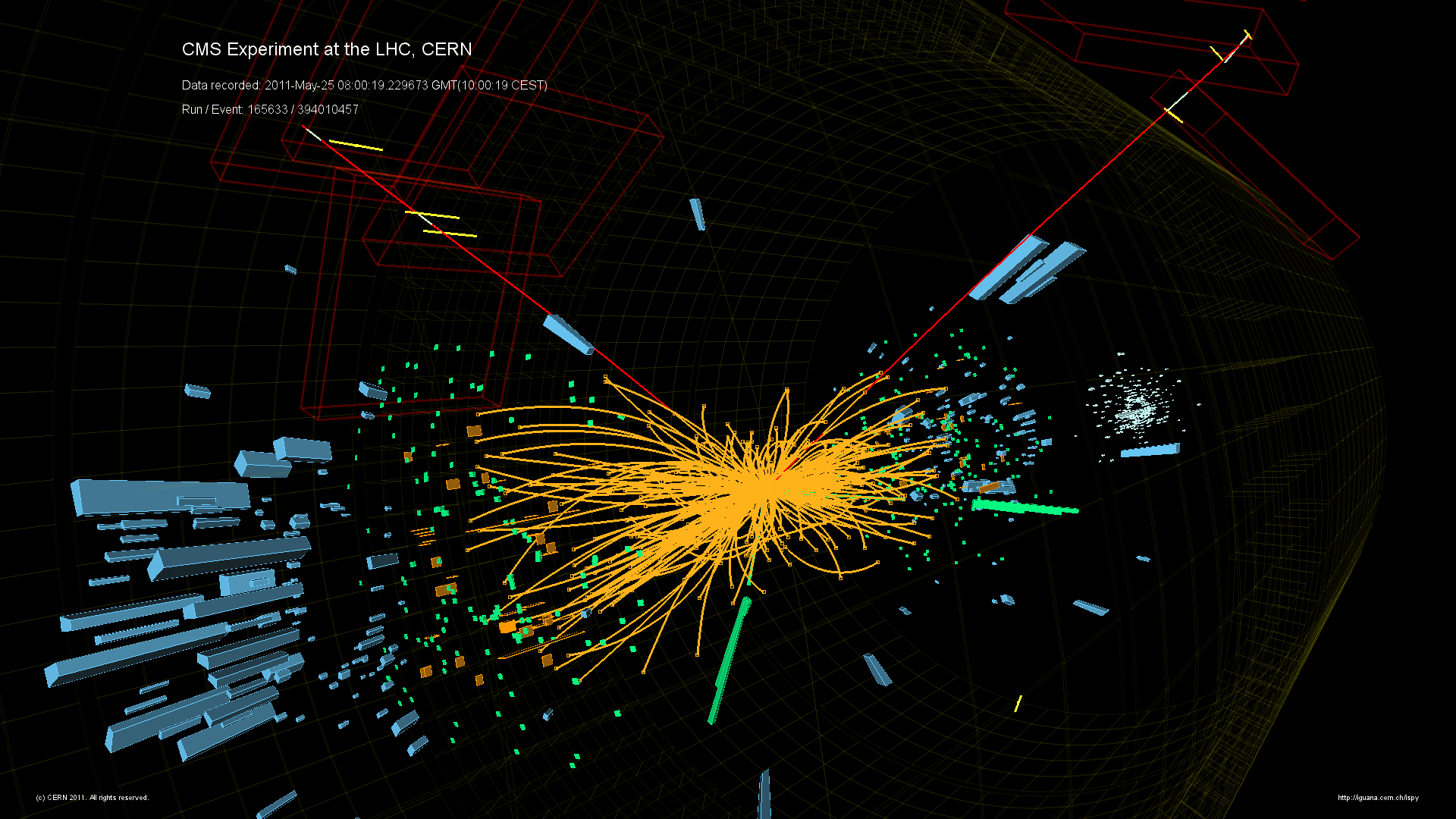RTU is Involved in Establishment of the European Center of Excellence – RAISE
Riga Technical University (RTU), together with ten project partners, including Jülich Supercomputing Center (project coordinator), the European Organization for Nuclear Research (CERN), Barcelona Supercomputing Center (BSC) and partners from the industry, will establish a new European Center of Excellence, which will offer AI- and simulation-based engineering-supercomputing opportunities for development of these technologies in Europe both in industrial and academic environment, and will become a driving force for development of methods of AI and high performance computing (HPC).
Along with the increase of data volume and application of supercomputing in a variety of fields, new methods for fast data processing and analysis should be considered. Rapid development of artificial intelligence methods allows their wider application at different levels of data processing and simulation, which supports solution of complex tasks. Big data processing and analysis need high computing power and scalable AI solutions, consequently, based on the existing applications, completely new workflows must be elaborated to function effectively on the next generation high performance architecture at exascale (multiplier 10^18). Currently, the fastest supercomputers still work at peta-scale (number of operations that these computers can perform per second has the multiplier 10^15). However, already now the work on exascale is underway, it is expected to be reached in the upcoming years.
The role of RTU in the project is to provide technical resources and competence in development and testing of AI involving RTU IT specialists, to elaborate AI solutions for certain fields of application – simulations of wind farms and collision detection of elementary particles, and finally, to coordinate the development of a new learning platform and a range of offered courses.
- One of the project goals is to design AI solutions that could operate in computing systems of different capacity and configuration, from small university systems (RTU, Icelandic University) to large European level systems, such as Julich and BSC, and even future exascale systems. The project researchers will even have an opportunity to test the developed codes on the prototype of the quantum computing system. In addition, within the project RTU will provide access to HPC system and provide HPC support in development of AI solutions.
- In cooperation with BSC, RTU will investigate machine learning approaches applied to wind turbine model development for wind farm simulations in order to enhance the efficiency of power generation. This applied task will employ the computing technologies developed during the project in solution of complex physical problems, consolidating the experience and knowledge of the project consortium partners in development and implementation of exascale artificial intelligence solutions.
- In cooperation with CERN, RTU will develop innovative methods for data processing for the currently modernized High Luminosity LHC (HL-LHC), which is expected to be put in operation in 2027. Traditional algorithms of collision detection of elementary particles will be replaced with AI methods. The algorithms developed within the project will be integrated and tested with the existing CERN software solutions to evaluate their capabilities and advantages in real working conditions processing big data. It is planned to evaluate applicability of various contemporary HPC architecture solutions to current tasks, including graphics processing units (GPU) and field-programmable gate arrays (FPGA).
- Taking into account that project research results and outputs have high innovative potential, RTU will get involved in dissemination and transfer of the project results within both academic community and industry. It is also planned to summarize the AI study courses developed in the consortium partner states, to establish the learning platform, and to supplement the existing range of available workshops and study courses for different target audiences that will be informed about the project outcomes.





